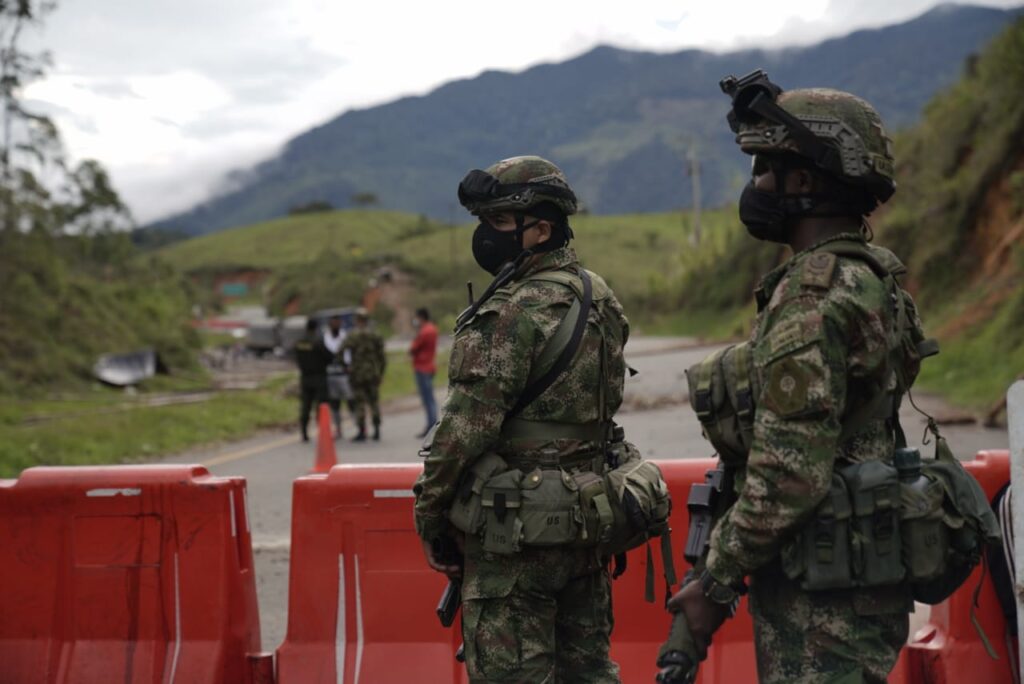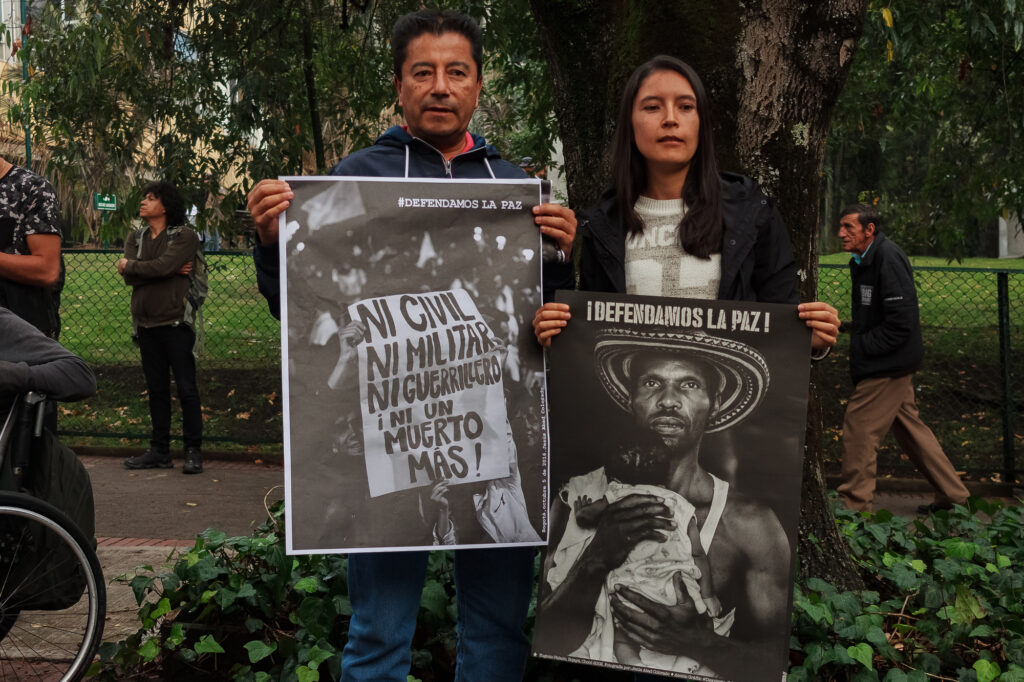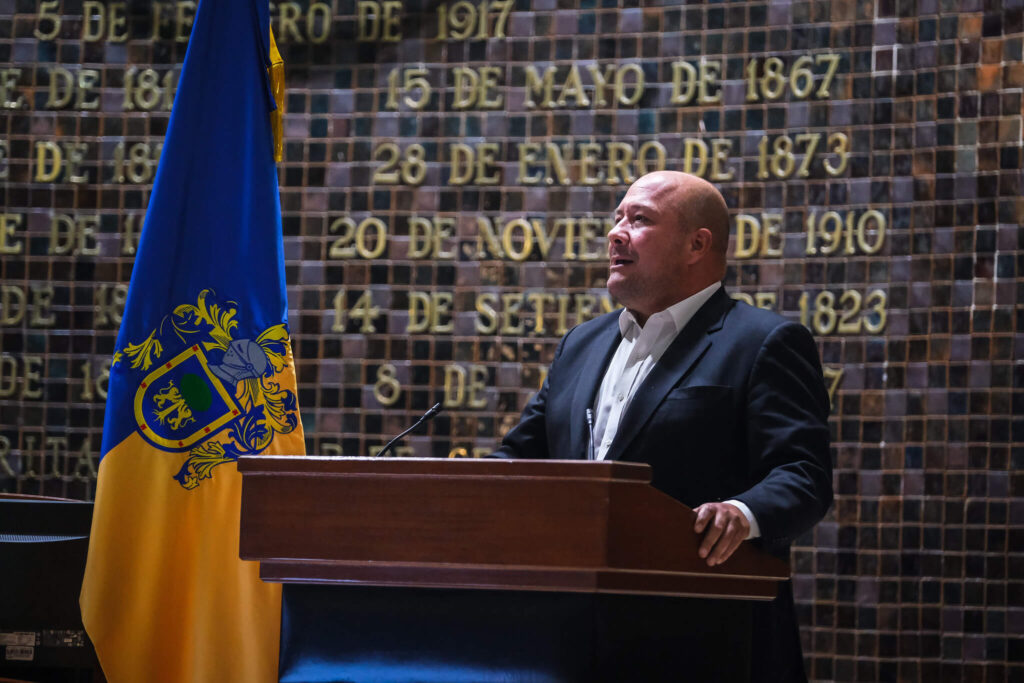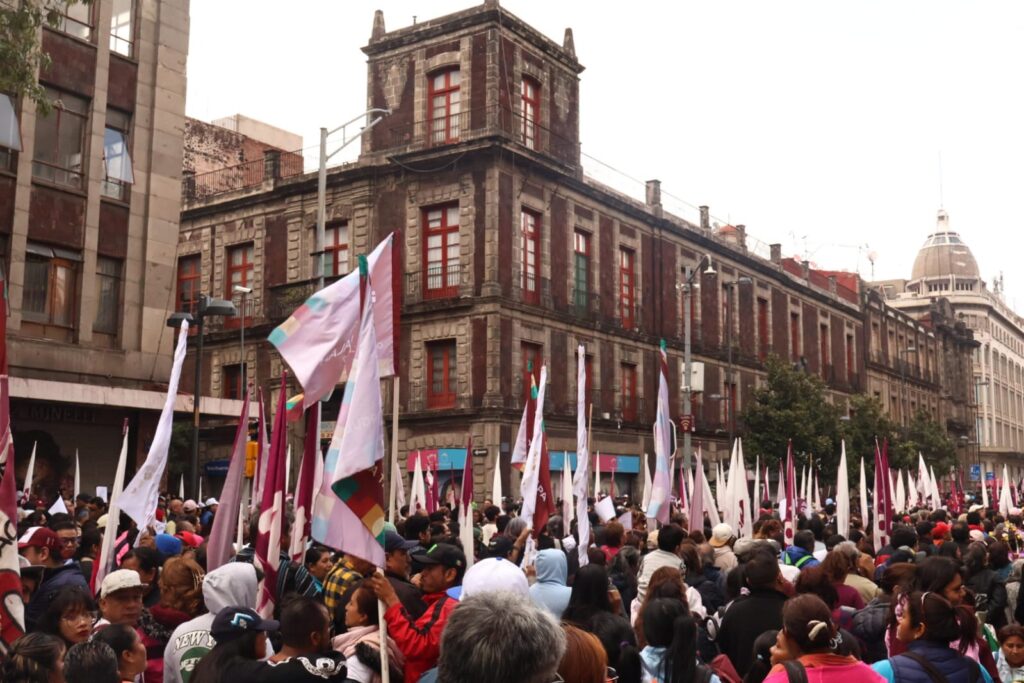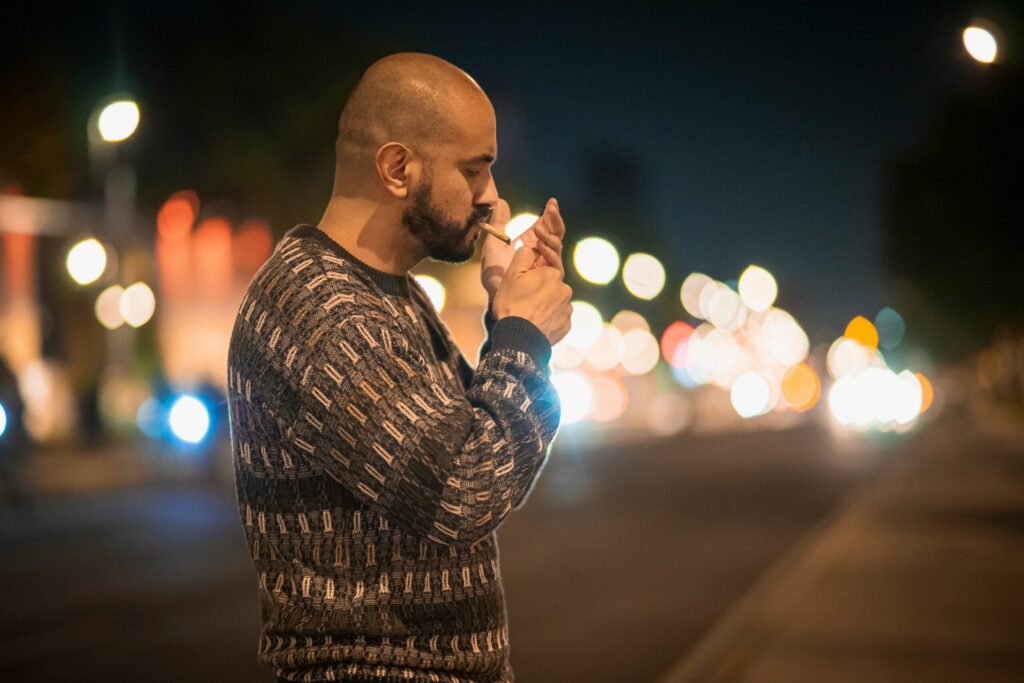Ukrainian member of parliament Maryan Zablotsky announced during a press conference last week in Miami that the Ukrainian government is willing to release Cuban mercenaries captured by its forces in exchange for the release of Cuban political prisoners.
Zablotsky, who chairs the Pro-Free Cuba Committee of the Ukrainian Parliament, also said that the remains of 41 Cuban citizens who have died while fighting in the Russo-Ukrainian conflict would be transferred to the island nation as part of the deal.
Alternatively, Zablotsky also suggested that Kyiv would be open to releasing the Cuban POWs in exchange for Ukrainian prisoners currently being held in Russia.
The presence of Cuban mercenaries on Ukrainian battlefields has been well-documented. In October, Ukrainian officials reported that as many as 25,000 Cubans could soon be fighting for Russia in Ukraine. This would make Cubans the largest contingent of foreign troops in the conflict.
In 2024, the BBC reported that Russia was using “lucrative army contracts” and the “promise of Russian citizenship” to entice Cubans into signing up for its armed forces. Direct flights and visa-free travel between the two countries also appear to have been a factor.

Image Credit: MilitaryNewsUA via X
However, other outlets report that the methods used by the Russian authorities to recruit Cubans have been more deceptive. The American state-funded media organization Radio Free Europe/Radio Liberty (RFE/RL), for example, reports that Cubans are often lured to Russia under false pretences.
RFE/RL claims that there have been instances of Cubans receiving job offers via Russian social media pages for roles in non-military industries and subsequently being coerced into signing Russian-language contracts that they do not understand. The contracts are military in nature.
The press conference at which Zablotsky proposed the exchange was held on November 11 and also featured Orlando Gutiérrez Boronat, the leader of the Cuban Resistance Assembly (ARC), a self-described “coalition of pro-democracy human rights groups both inside and outside Cuba” which opposes the Cuban communist state.
In conversation with Latin America Reports, Gutiérrez Boronat criticized the Cuban state’s “wildly incoherent” stance on Ukraine; “the Havana Regime has intelligence and military alliances with Moscow, the Regime’s puppet president has publicly wished Putin success in the special military operation, it has signed … mutual defense treaties with Belarus that … call for bringing Cuban troops to Belarus for ‘training’” he said.
Despite this, the Cuban state, which he deems “one of the world’s deadliest police states … wants us to believe that … [it] knows nothing about thousands of its own citizens from across the island, including a substantial number of military personnel, traveling from … two key airports in order to join Russia’s genocidal assault on Ukraine.”
Gutiérrez Boronat argues that the Cuban government “has put all of its diplomatic resources at the behest of Moscow’s justification of the invasion” and suggests that it is “being paid for each mercenary.”
The Cuban government has consistently denied any military involvement in Ukraine and has stated that it has prosecuted Cubans engaged in mercenarism in Ukraine and people-smuggling to Ukraine.

Image Credit: Center for a Free Cuba via X
The American government disputes this. The U.S. recently encouraged its diplomats in various European and Latin American nations to convince their host governments to reject a UN resolution condemning the longstanding U.S. embargo against Cuba on the basis of Cuban governmental complicity in the Russian invasion of Ukraine.
Ukraine voted against condemning the embargo and recently closed its embassy in Havana over the perceived tacit complicity of the Cuban government in the deployment of its citizens to Eastern Europe.
Zablotsky’s overtures to the Cuban government confirm that the prevailing view in Kyiv, irrespective of the protestations of the Cuban government, is that the participation of large numbers of Cuban mercenaries points to an active military alliance between Havana and Moscow in the Russo-Ukrainian war that exists in all but name.
Featured Image: Former Russian Defence Minister Sergei Shoigu lays a wreath at the Memorial to the Soviet Internationalist Soldier during a visit to Cuba in 2015.
Image Credit: Mil.ru via Wikimedia Commons
License: Creative Commons Licenses



